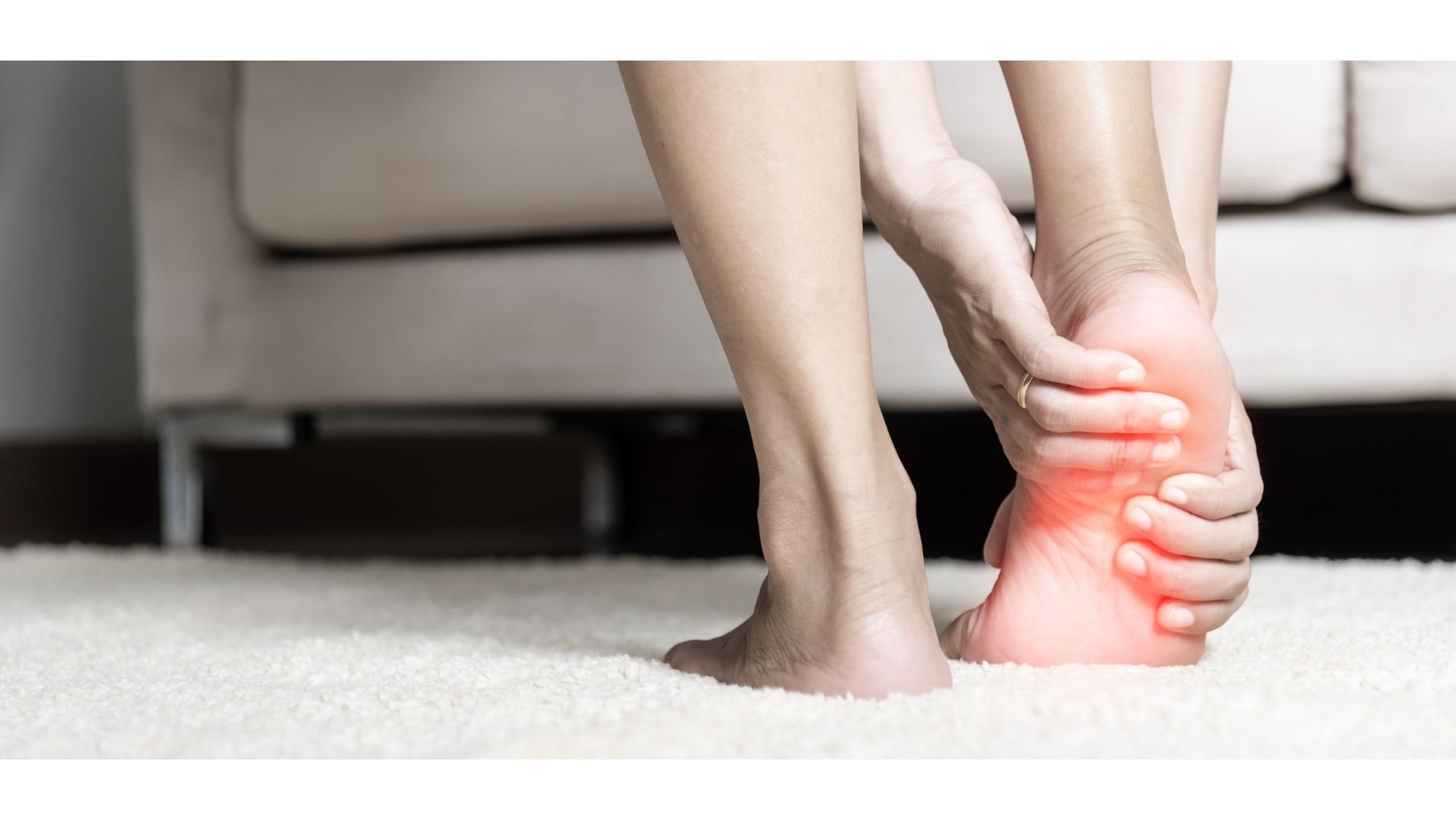Training for a marathon isn't just about pushing your limits; it's about finding the delicate balance between endurance and injury prevention. That's where the expertise of a physiotherapist can make all the difference to your training and preparation.
Anterior Cruciate Ligament (ACL) Rehabilitation
Managing Arthritis with Physiotherapy: A Comprehensive Guide
Combatting Text Neck: Tips to Reduce Strain & Improve Posture
Text neck refers to the strain and discomfort that result from prolonged periods spent looking down at electronic devices, leading to poor posture and potential long-term health consequences. In this blog post, we'll explore what text neck is, its effects on the body, and practical strategies to reduce its impact and promote better posture.
Tips For Managing DOMS (Delayed Onset Muscle Soreness)
Have you ever experienced intense soreness or stiffness in your muscles about 24 to 48 hours after an intense workout? This phenomenon is often referred to as DOMS, or delayed onset muscle soreness, and is a result of tiny, microscopic tears in your muscle fibres as a result of high intensity exercise.
Shin Splints - A Guide To Management & Prevention
Medial Tibial Stress Syndrome, or more commonly known as Shin Splints, is a common condition marked by pain in the shins when walking or running. Chartered Physiotherapist Conor O’Brien is here to tell us more about shin splints and share some tips on how to treat and prevent them. Read on to find out more!
A Guide To Muscle Sprains & Strains
The Vital Role of Sleep in Muscle Recovery
5 Best Hamstring Stretches
The Benefits of Pilates
Best Practice Guidelines For Plantar Heel Pain
Plantar heel pain (also commonly referred to as Plantar Fasciitis or Fasciopathy) is an umbrella term characterised by pain which is generally located on the underside of the foot and/or heel. It affects about 4 - 7% of the general population over their lifetime and up to 20% of an athletic or highly active population.
How To Progress Your Fitness From Home
Why Do Physios Prescribe Exercises?
As physiotherapists, the “physio” in our name can be considered to refer to physiology. This is the study of the function of the human body. According to definition we “promote, maintain, or restore health through physical examination, diagnosis, prognosis, patient education, physical intervention, rehabilitation, disease prevention, and health promotion”.
What Can I Expect From Physiotherapy Treatment?
Sometimes it is difficult to understand whether you need to attend a physiotherapist or your GP when suffering with pain. You may be asking yourself “what can I expect from physiotherapy?”, “can physiotherapy help me?” or “do I need to attend physiotherapy?”. A physiotherapist will be able to treat most conditions that come through their door.
How Do I Know If I Have A Pulled Muscle?
Muscle tears (also known as ‘pulled’ muscles, or muscle strains) are one of the most common musculoskeletal injuries that we see on a daily basis. Generally, a muscle tear occurs when the load placed on a muscle exceeds the capacity of that muscle to withstand the load. So how do you know if you have torn a muscle, or if it is something else causing your pain?
When Should I Worry About Pins & Needles?
Paraesthesia, or “pins and needles” as it is more colloquially known, refers to a feeling of discomfort associated with itching, tingling or “skin crawling”. Generally pins and needles is a benign and transient experience. However, there are situations where the experience of pins and needles may be indicative of a more sinister pathology and will require further medical investigation.




















